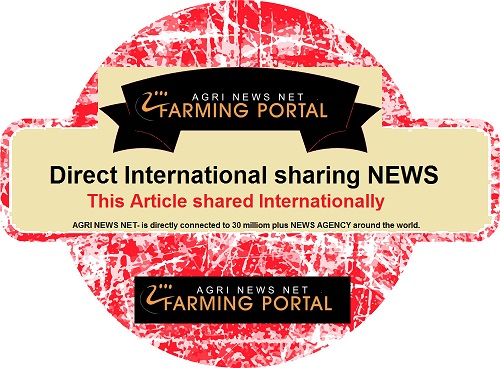The Meat Safety Act tries to ensure that meat is safe for consumption via establishing the national standards for abattoirs and regulating the meat trade industry. By including wild animals in the Meat Safety Act, then, the South African government is setting the stage for the commercialisation of bushmeat.
The groundwork for the possible large-scale farming of wild animals was laid last year, when the then Minister of Agriculture, Senzani Zokwana, amended the Animal Improvement Act, which saw 33 wild species reclassified as livestock.
In light of the current pandemic, these pieces of legislation should concern us all. The link between wildlife and zoonotic diseases is well documented, but a short recap is merited.
The majority of diseases that have emerged over recent years have come from wildlife. Farming wild animals is likely to exacerbate this phenomenon, by subjecting them to unnatural conditions that will cause them to experience chronic physiological stress, affecting their immune systems and increasing the likelihood of them spreading dangerous pathogens.
Some might argue that the legalisation of the bushmeat trade would reduce the problem of zoonotic spillover because it would lead to greater oversight of safety standards than would be the case on the black market. But given our government's demonstrative failure to enforce existing legislation, this point should be rendered moot.
In addition to concerns about human public health, it is important to remember the primary victims of the proposed amendment: animals. Animals have interests and the capacity to experience pain, pleasure and fear. The prevailing view of animals as mere "natural resources" is the moral blindspot of our time, and appeals to their "sustainable utilisation" are often nothing more than weak attempts at justifying their continued exploitation.
Instead of adding species to the list of animals to harvest for meat, we should prioritise finding ways of sustaining ourselves that do not necessitate animal suffering and propagate public health risks. While other countries are making progress by promoting breakthroughs in food science (e.g., Golden Rice and Cultivated Meat), South Africa is on the verge of taking a backward step.
The draft amendment is gazetted for comment until the 30th of June. If you want to have your say on the matter, you can do so by following this link on the top of the page.
Correction: A previous version of this article wrongly stated that the proposed amendment to the Meat Safety Act would "sanction the commercialisation of bushmeat." The Meat Safety Act only regulates how animals are slaughter; it does not have a say on which animals it is legal to kill. Given last year's amendment to the Animal Improvement Act, however, we believe that this latest proposal to amend the Meat Safety Act is another step toward the eventual large-scale farming of wild animals. The previous version also wrongly claimed that lions are included in the news list of animals to be added to the Meat Safety Act. Lions have not been added to the proposed Meat Safety Act, but they were included in the revised Animal Improvement Act last year.














